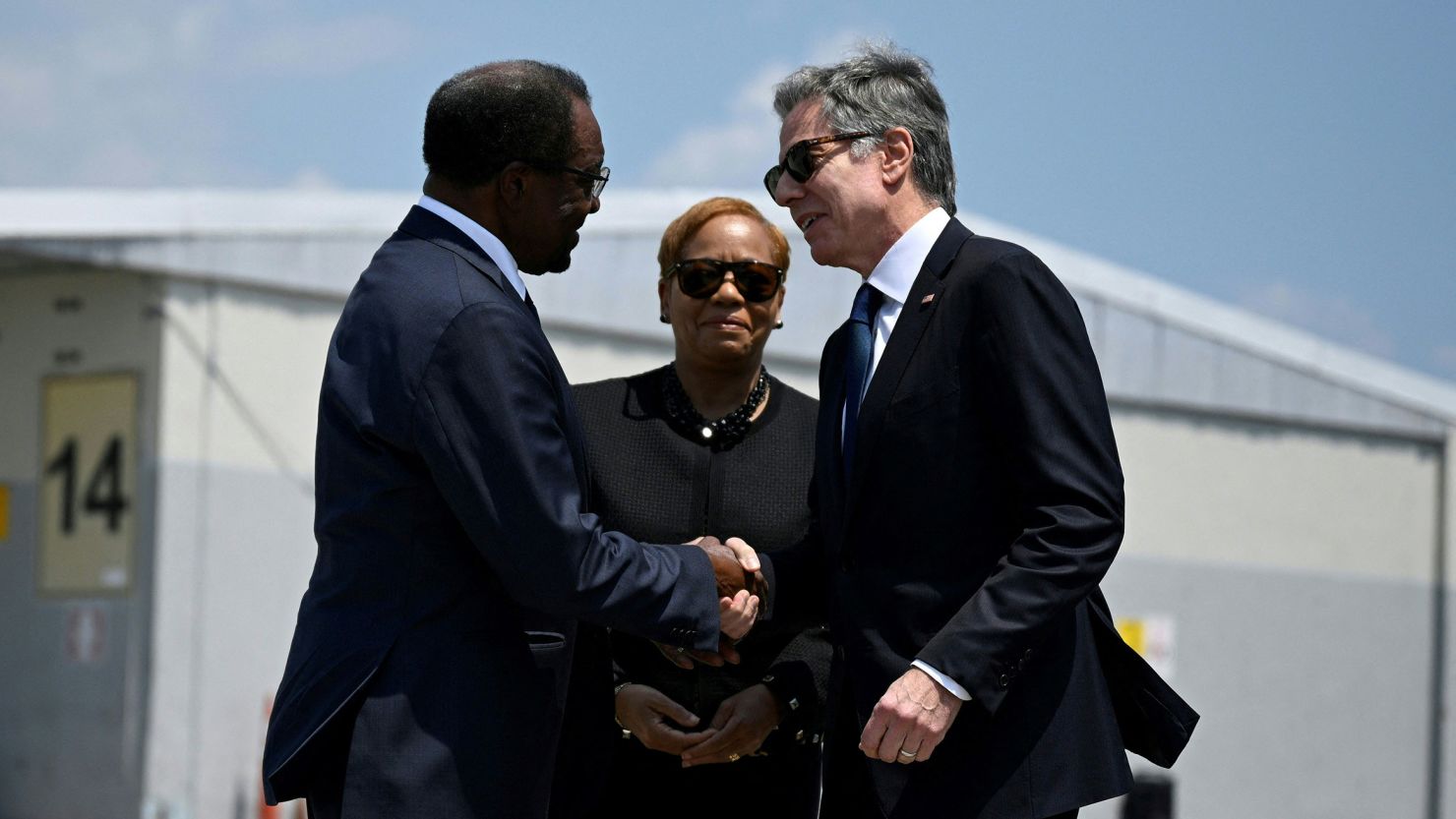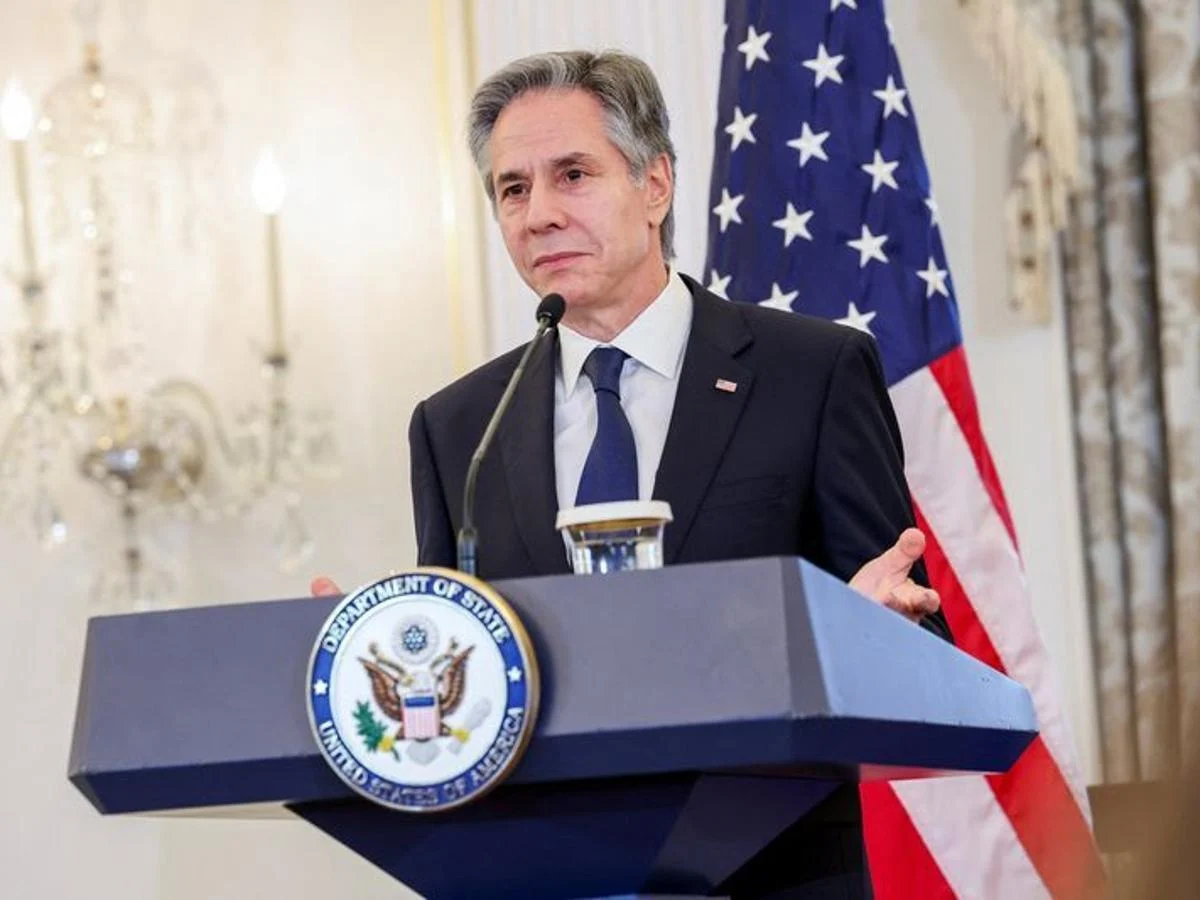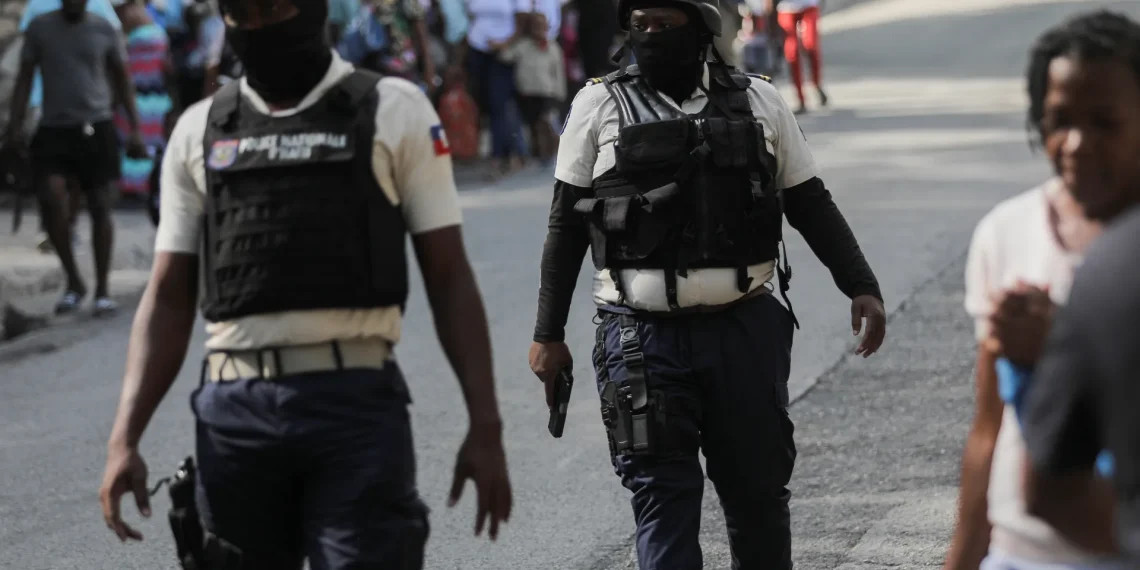U.S. lawmakers are withholding $40 million in funding earmarked for addressing the escalating violence in Haiti, demanding more clarity on the mission’s details.
Representatives Michael McCaul and Senator Jim Risch have placed “holds” on the funds, insisting on comprehensive information before releasing the money. This move could impede the deployment of the Kenyan police force to Haiti, crucial for managing the crisis.

Gang violence in Haiti has worsened, triggering a humanitarian emergency and displacing hundreds of thousands of people. Prime Minister Ariel Henry has promised to resign once a transition council and interim leader are appointed.
However, support from other nations has been sluggish, with Kenya pausing its deployment after Henry’s resignation announcement.
The U.S., a major supporter of the mission, recently increased its pledge to $300 million. However, lawmakers remain skeptical, emphasizing the need for a detailed plan from the Biden administration before further funding is allocated.
Concerns persist about the feasibility of deploying Kenyan officers amidst legal challenges and logistical hurdles.

Despite 68 briefings with Congress, lawmakers argue that the administration’s plan lacks specificity, especially regarding Kenyan court approvals and the force’s ability to reach Haiti’s capital, Port-au-Prince. Of the $50 million designated for the mission, $10 million has already been utilized for training reimbursements.
While the Department of Defense’s $200 million contribution is approved, the release of the remaining funds remains uncertain. The U.S. is urging other nations to contribute, but global crises like Russia’s invasion of Ukraine and the Gaza humanitarian situation present additional challenges.
Keith Mines of the U.S. Institute of Peace suggests that Kenya’s deployment may hinge on fund availability, highlighting the critical role of financial support in facilitating international efforts to address Haiti’s security crisis.





